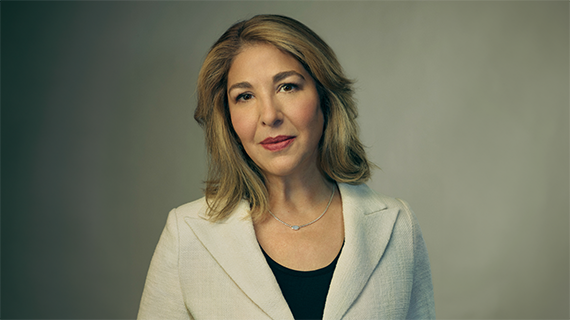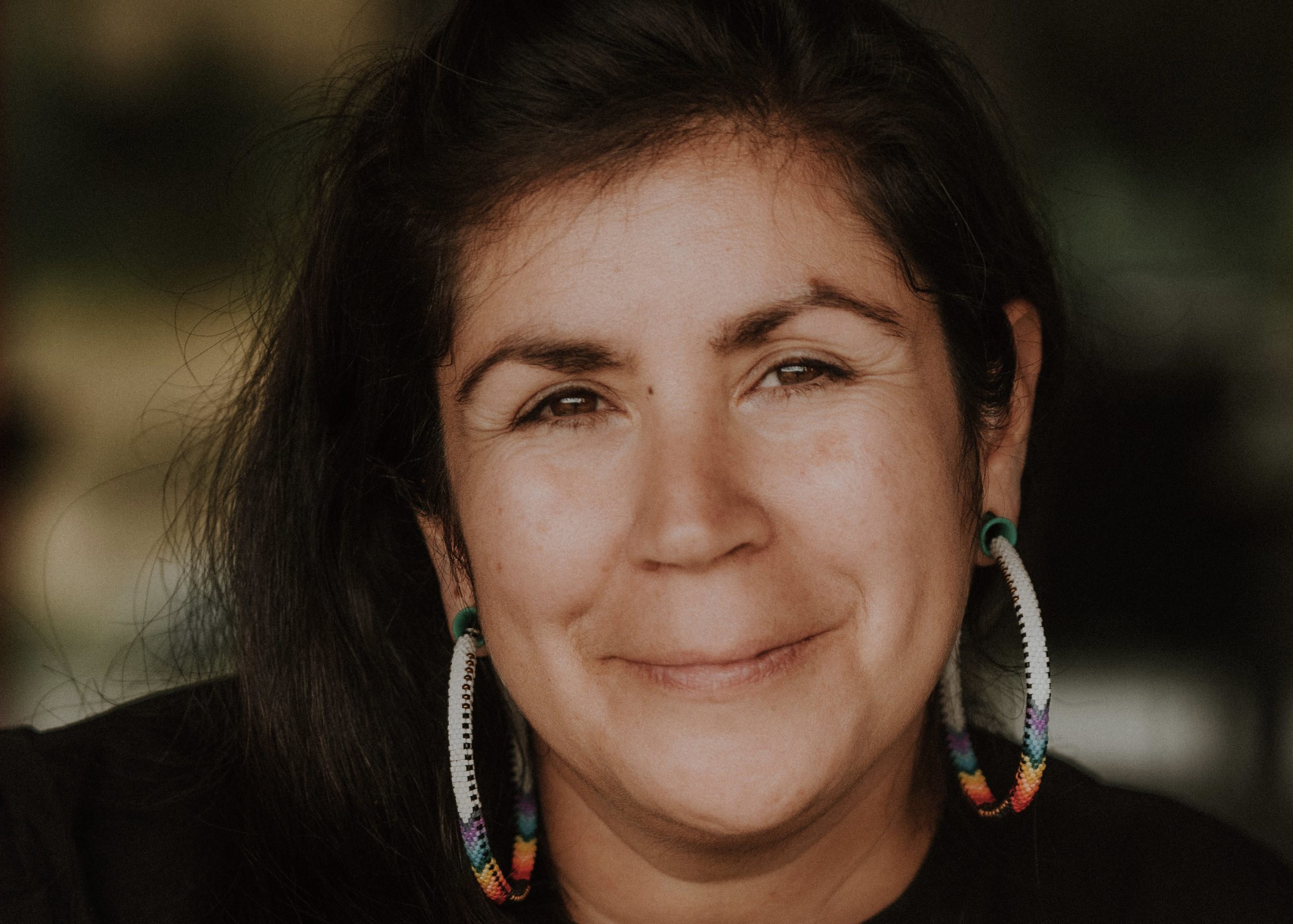

Adit Elizabeth Abit is the founder of the South Sudan International Youth Ambassadors (SSIYA) organization, and a former scholar through World University Service of Canada (WUSC) – a nonprofit organization that sponsors refugee students at universities throughout the world. Having recently graduated from UBC with a BA in Gender, Race, Sexuality and Social Justice and International Relations, Abit reflects on her journey from South Sudan to Canada, how she stays motivated, and what students can do to overcome the challenges of university life.
Tell us a bit about the journey that led you to UBC.
It’s a long story, but one dream led me to another dream. And this is the journey that brought me here. It started with the desire to learn English, after an encounter with a woman from England, named Elizabeth. Over the next few months the desire to learn English kept coming to my mind. So before my baptism I told my mother, “I want to be re-named Elizabeth, so I don’t forget the promise that I want to learn English.”
But my mother was very reluctant to let me go to school, because I had to look after the house when she was away. I kept talking about going to school, but my mother turned a deaf ear to my complaints.
In 2002, when I was in grade six, my family moved to a town called Narus in South Sudan. It was during that time that I heard about WUSC and thought, “I want to go to Canada”. But first I had to go to Kakuma Refugee Camp in Kenya for a chance to get the WUSC sponsorship.
So I convinced my brother to talk to my mother. She agreed, and the following year I went to Kakuma. After arriving in Kakuma, my plan was to get into a good high school. It was tough but I caught up with the Kenya syllabus. Eventually I got a Jesuit Refugee Service scholarship to Turkana Girls Secondary School.
I often went back to South Sudan during the holidays to see my mother. But in my last year of high school, while I was travelling back to Kenya from South Sudan, bandits attacked our car. I got shot in the arm. I was in the hospital for about three months, but my dream of pursuing my studies never stopped there. My scholarship was only for four years, so I went back to school with the wound on my arm. Luckily, my performance was good and I qualified for the WUSC scholarship, so I came to Canada in 2010.
How did you adapt to life in Canada, and life at UBC?
I had high expectations when I came to Canada. But I knew that there would be challenges and I’m still adapting, even today.
Adapting to life at UBC actually wasn’t hard because I had a supportive team of WUSC volunteers. And they cared about me a lot, the way a parent would. The way the campus is structured is also helpful. It’s easy to know where you have to go to when in need of support and resources; for example, Career Services, or Academic Advising.
What was your biggest struggle after moving overseas, and how did you overcome it?
My biggest struggle, and I’m still overcoming it today, is living alone. Back home you always come home to find someone to talk to, whereas here you talk to computers, to social media. I get bored sometimes, being alone with computers. Back home you live together as a family, chat and cook food and eat together. Here you just cook and keep the food for yourself, unless you have friends over.
How have your experiences here changed you?
Being here has enabled me to understand the world better than before. I had a tough life because of war in my country, so I thought that being in Canada would be like heaven for me. But after all, I came to understand that life is not easy. Fortunately, being here has made me very strong, very flexible. And now I understand that one can make a living and succeed, wherever he or she is.
How did you decide on your major?
I chose the GRSJ program because I was passionate about gender issues, in particular women’s issues. I wanted to understand the challenges women face across the world, so I could position myself. And the program was very good because it was interdisciplinary. It never looks at women alone; it looks at individuals in the community and diverse experiences across culture, class, sexuality and race.
And I chose the IR program because I wanted to understand international politics and how issues like war, poverty and disease are dealt with across the world based on countries’ relations.
What motivated you to found the South Sudan International Youth Ambassadors (SSIYA) organization?
When I was doing my undergrad program, I was always paying attention to ways in which the knowledge is applicable to the problems that my people face. And after this wonderful experience at UBC, my question is, how can I give back to my people, based on my experience as a South Sudanese?
After four years at UBC, I realized that grassroots and community development initiatives are crucial to fighting poverty and achieving sustainable development. I came up with SSIYA because in my country, youth are drafted to war due to limited options to make a living. SSIYA’s vision is a peaceful South Sudan, where youth are agents of change. And to achieve this unity, SSIYA will create opportunities for youth to work together. The core programs for SSIYA are workshops, events, and community development initiatives.
It’s been a meaningful experience, because people are giving me a lot of challenges. They tell me, “It’s too big. You can’t do it.” And I tell them, “Do you mean you and I can’t do it? We can do it, come on. You and I are bigger than this.”
So sometimes I feel like it’s a good experience when people think something is impossible. It gives me a lot of power, a lot of determination.
What advice would you give to a student passionate about their education but struggling academically, financially, or from lack of family support?
I would tell them, take control of your own destiny. I understand that life has challenges. There are challenges everywhere you go. And the first thing you have to keep in mind is that it will be alright. Or that living this life will be good eventually. So it’s just about attitude and how you perceive it.
As a new graduate, what are your plans?
My plan is to work on SSIYA, and see it grow in the next five to ten years. And then the second one is to go to grad school. I’m thinking about doing Public Health or Law.


